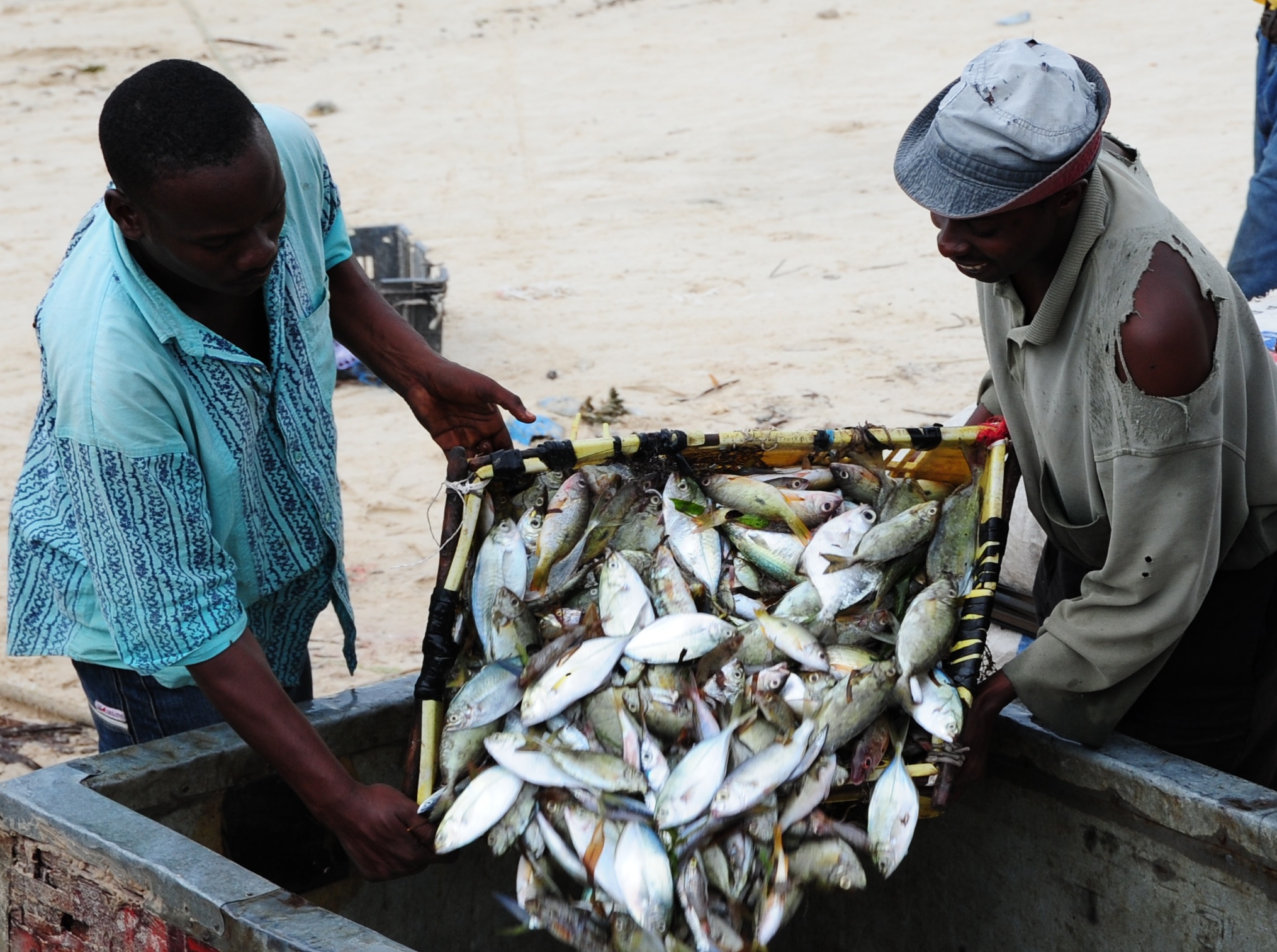Harnessing ‘people power’ to manage fisheries in the developing world has significantly benefited local communities and coral reefs, according to new research.
“Studies about the environment, and particularly fisheries, abound with bad news, but here, we see a glimmer of hope,” says lead author Professor Joshua Cinner, from the ARC Centre of Excellence for Coral Reef Studies at James Cook University.
Historically, fisheries management in East Africa has followed a ‘top down’ approach, but in 2006, the Kenyan government introduced a pilot program that gave communities the ability to develop and enforce their own fisheries rules and regulations.
The researchers studied the impact of the program on both the environment and the livelihood of the fishermen.
In an article published in the journal Global Environmental Change, Professor Cinner says the strategies that local communities developed to manage their fisheries benefited the fishery, the corals and importantly the people’s livelihoods.
[embedvideo id=”XHayL9NXvc” website=”youtube”]
“A third of the people we surveyed said that their livelihoods had improved as a result of the new form of local management, and only about three percent of people felt it was bad for them,” Professor Cinner says.
While not every area improved ecologically and not everyone benefited from the program, the researchers saw Continue Reading…
Via-: Sciworthy News




